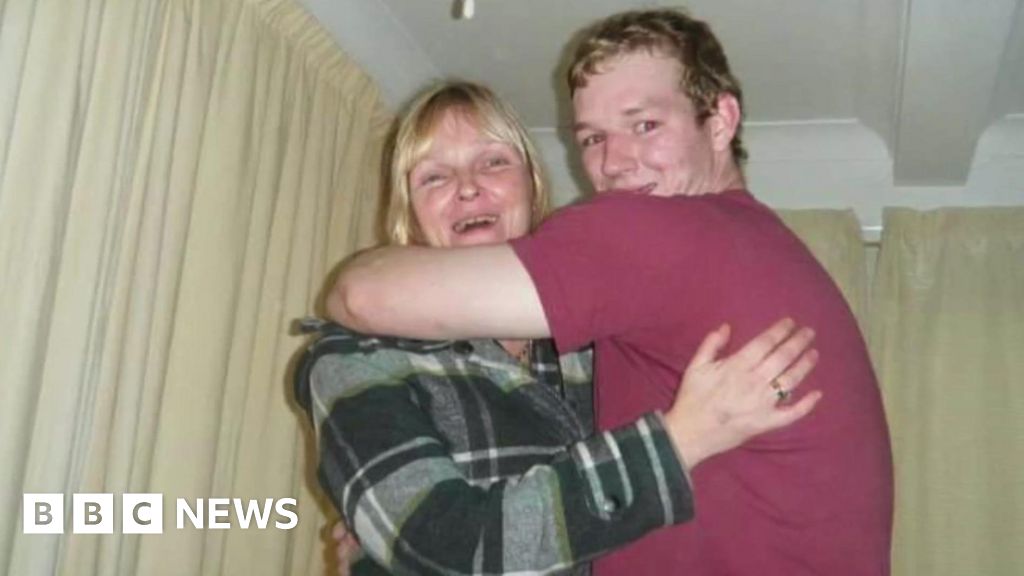Opioid Death Statistics Error
Introduction to the Problem
More than 13,000 heroin and opioid deaths were missed in England and Wales. The error was due to the official statistics authority of the government not having access to correct data. This has led to concerns about the effects on the government’s approach to combat addiction.
Extent of the Problem
Studies showed that between 2011 and 2022, there were 39,232 opioid-related deaths, which is over 50% higher than previously thought. The number of opioid deaths per million people in England and Wales has almost doubled since 2012. However, this new study means that the extent of the problem is probably even greater.
Cause of the Error
The reliability of the Office for National Statistics (ONS) is based on forensic doctors who name certain substances for death certificates, which often does not happen. Instead, specific substances such as heroin are sometimes only contained in more detailed post-mortem reports or toxicological results to which the ONS have no access.
Impact on Decision-Making
The decision-making of ministers is generally influenced by more detailed statistics. Correct data on opioid deaths can lead to more funds and better treatment for front services such as police forces and public health. Sir Philip Rutnam, a former senior official, said that it was "quite possible" that fewer people would have died if the government’s drug policy was based on precise statistics.
Personal Stories
Ben, a 27-year-old, died of heroin overdose in 2018, but his death was ruled as a "mishap" and was never included in the official opioid death statistics. His addiction began with cannabis when he was a teenager and developed to use aerosols and finally heroin. His family believes that a different treatment and support for drug addicts could have helped him.
Call for Action
The Liberal Democrats said that the government had to "urgently investigate" how the mistake was made. Dr. Caroline Copeland, who headed the new research, said that drug policy "will not have the desired influence, unless the real yardstick of the problem is known". The government must now reinforce, initiate an examination, and ensure that the ONS receives access to the data so that it can never make this error again.
Comparison with Other Countries
The error in the ONS system is not available in Scotland where there are no forensic doctors and the national records of Scotland (NRS) are responsible for the compilation of official statistics. In contrast to the ONS, the NRS receives more detailed pathological reports, but differences in the way deaths are reported in Great Britain make it difficult to compare them.
Conclusion
The opioid subcounting raises further questions about the ONS, which have recently been accused of failing on several statistical fronts. The government continues to work with partners in terms of health, police work, and wider public services to reduce drug use, ensure that more people receive timely treatment and support, and make streets and communities safer.

